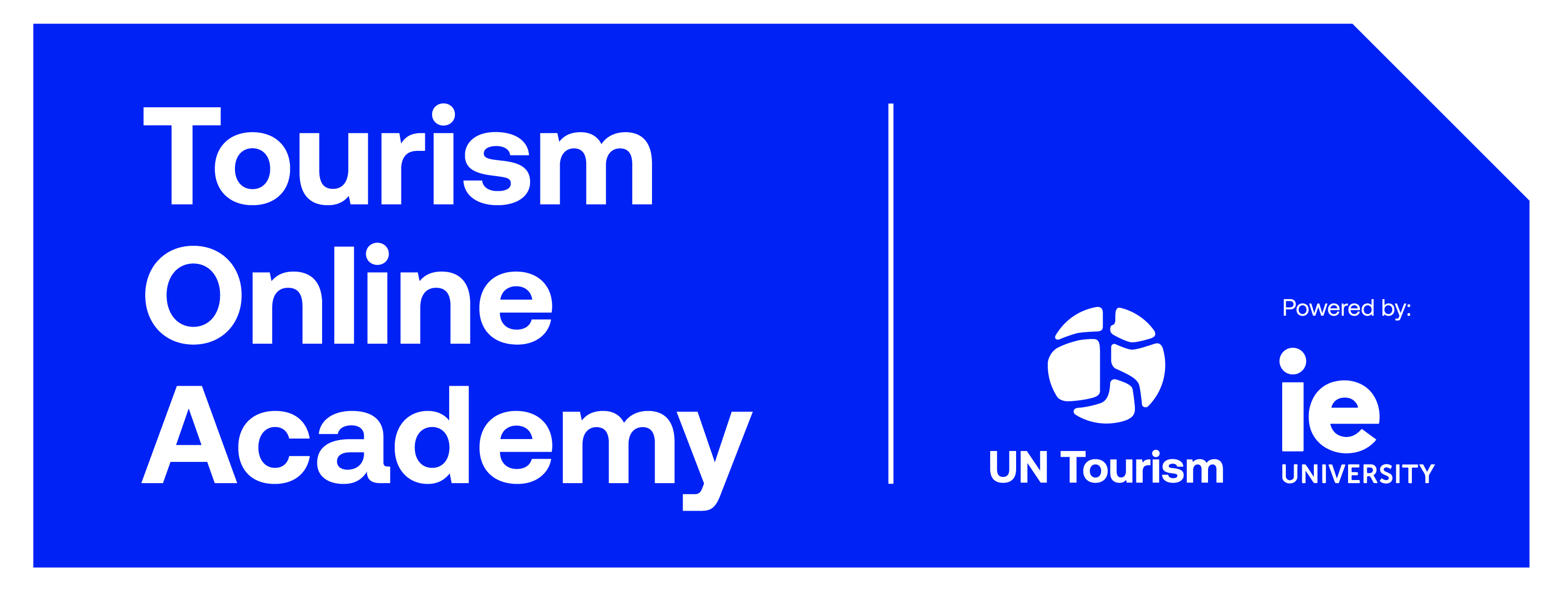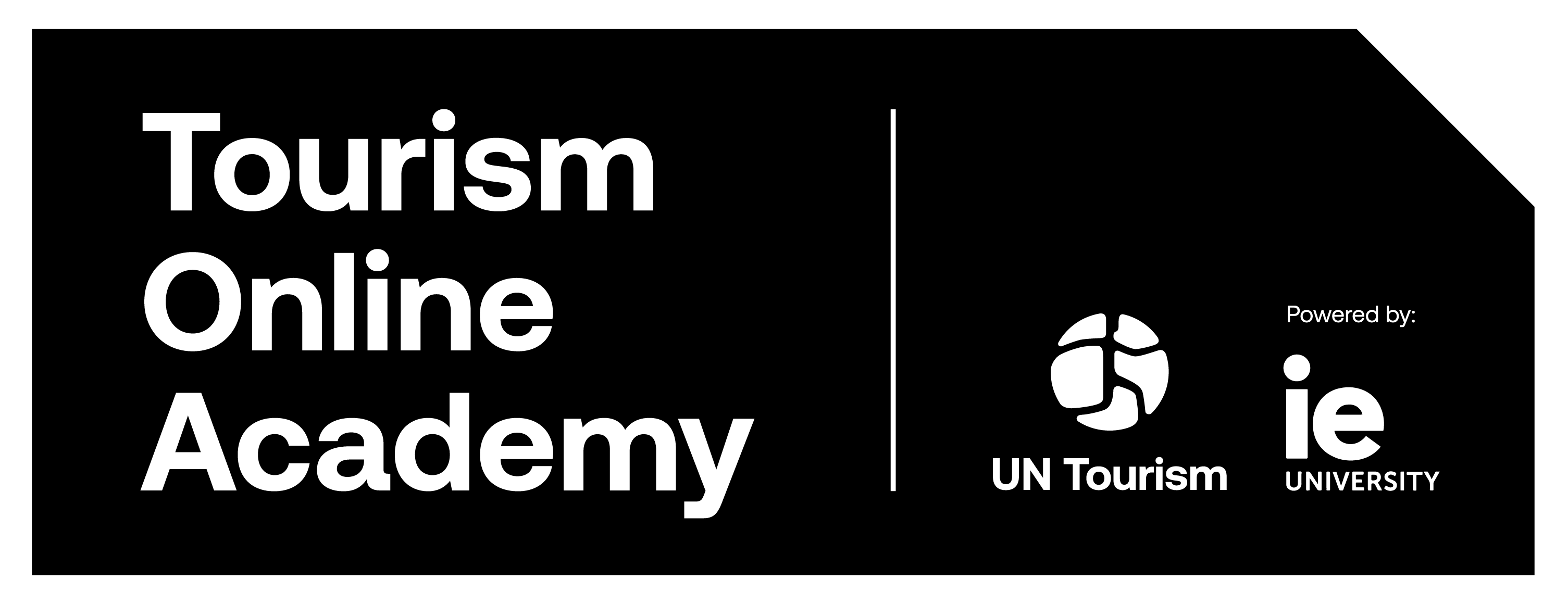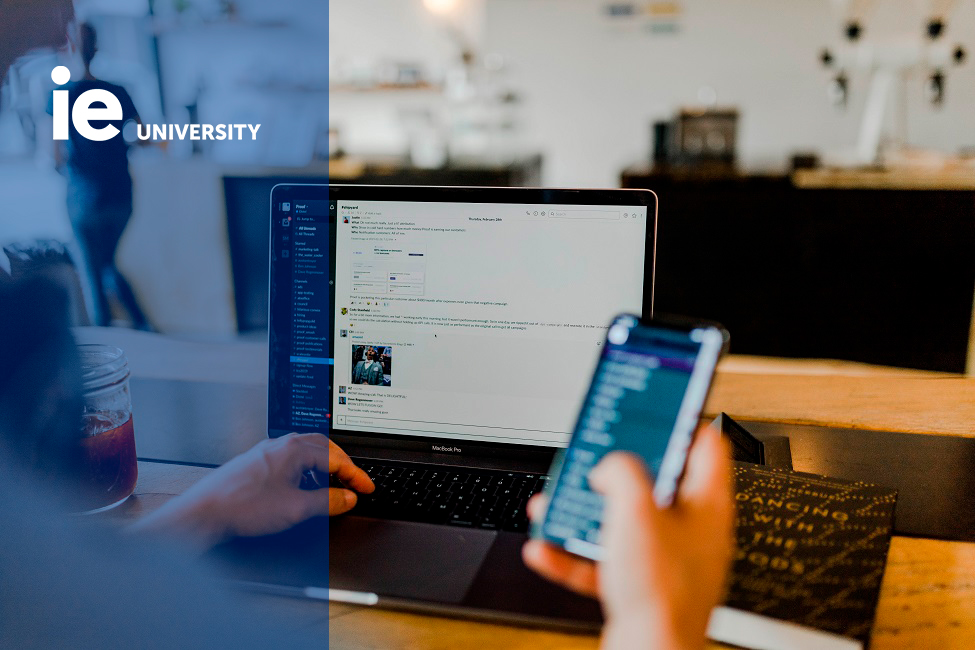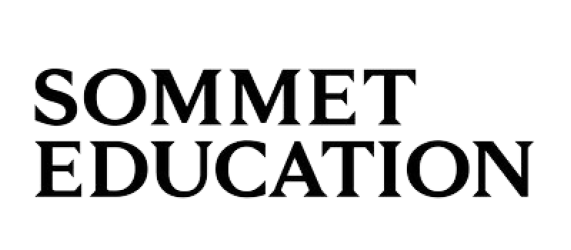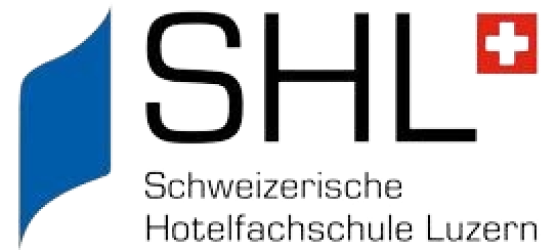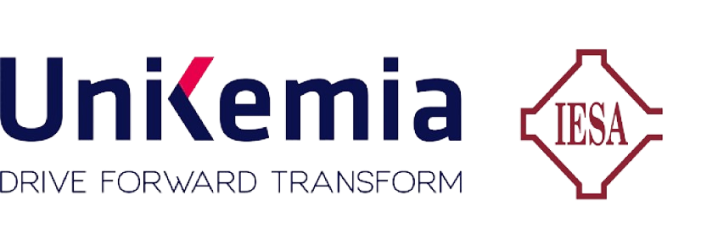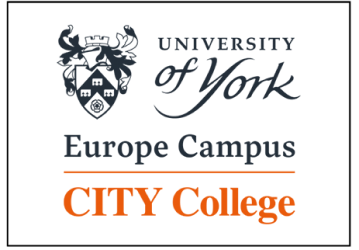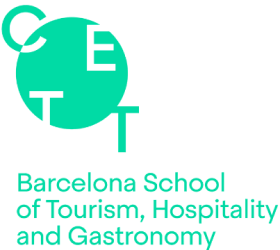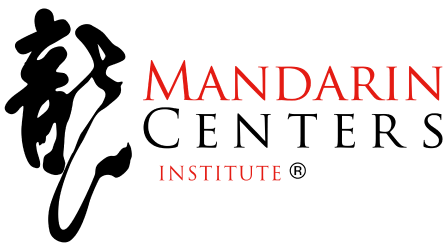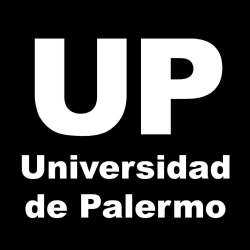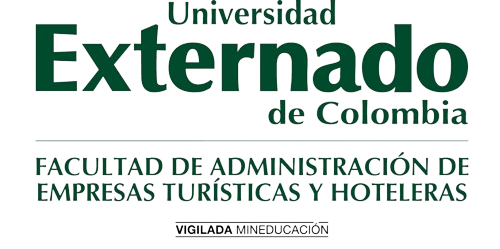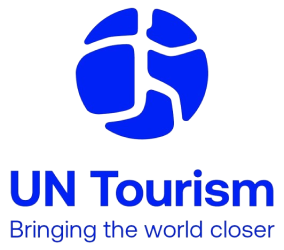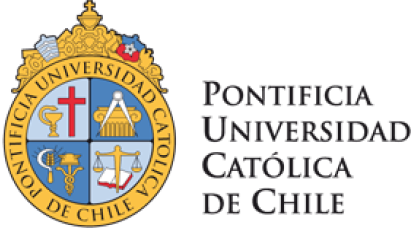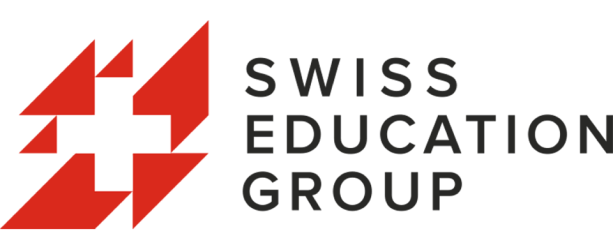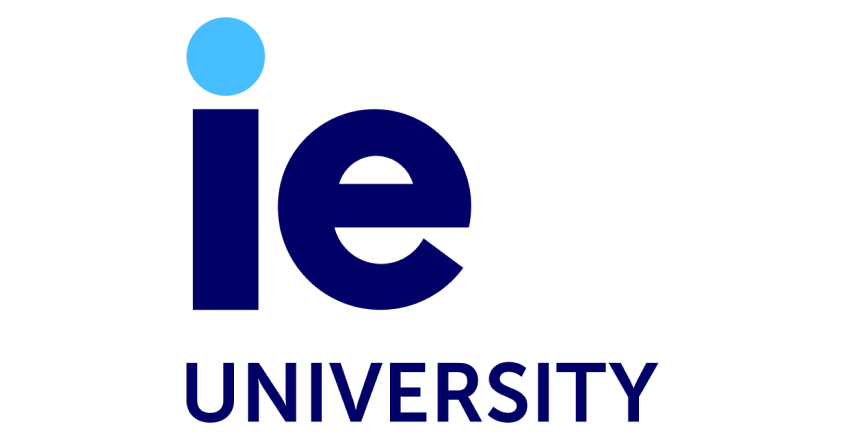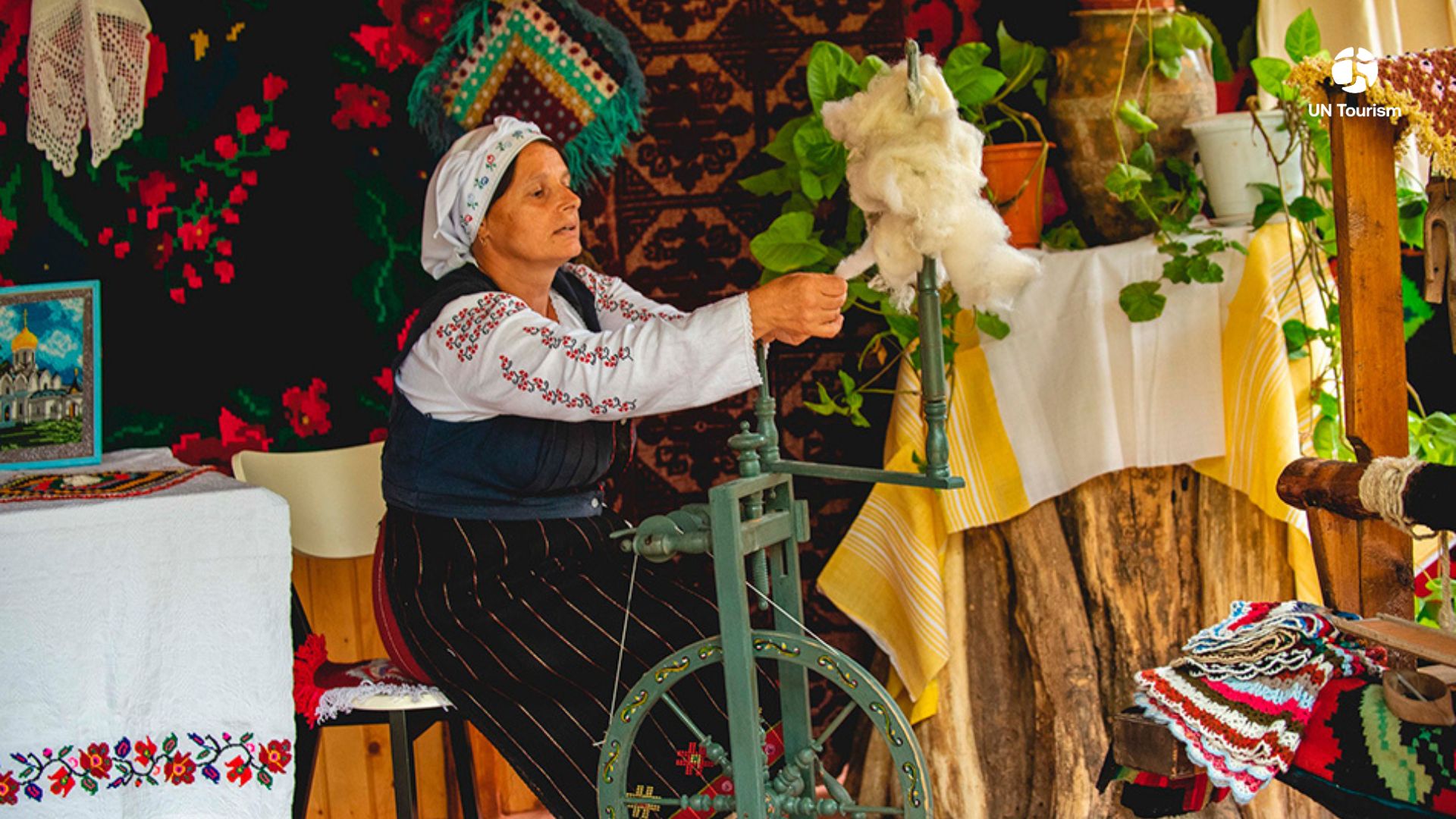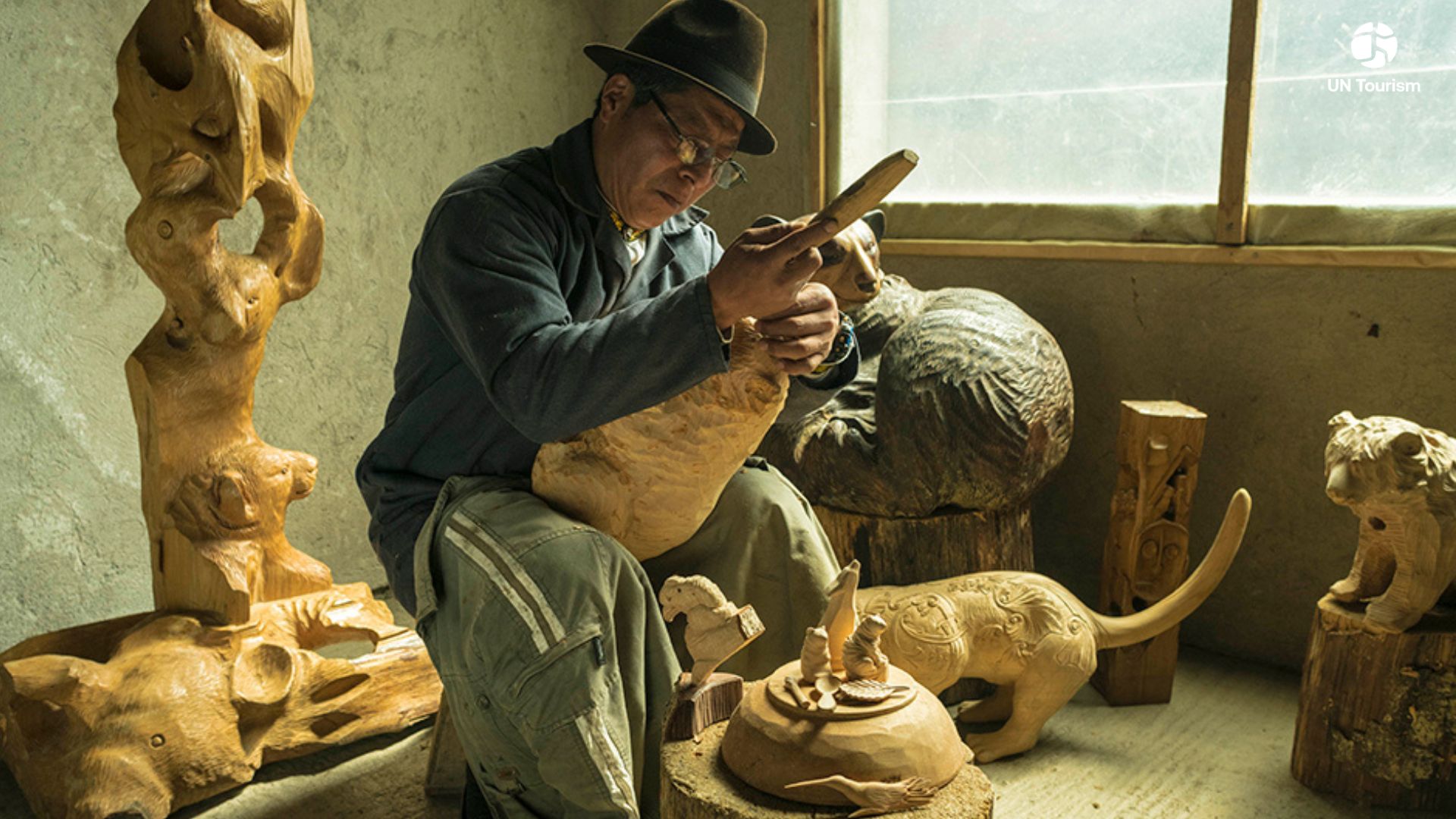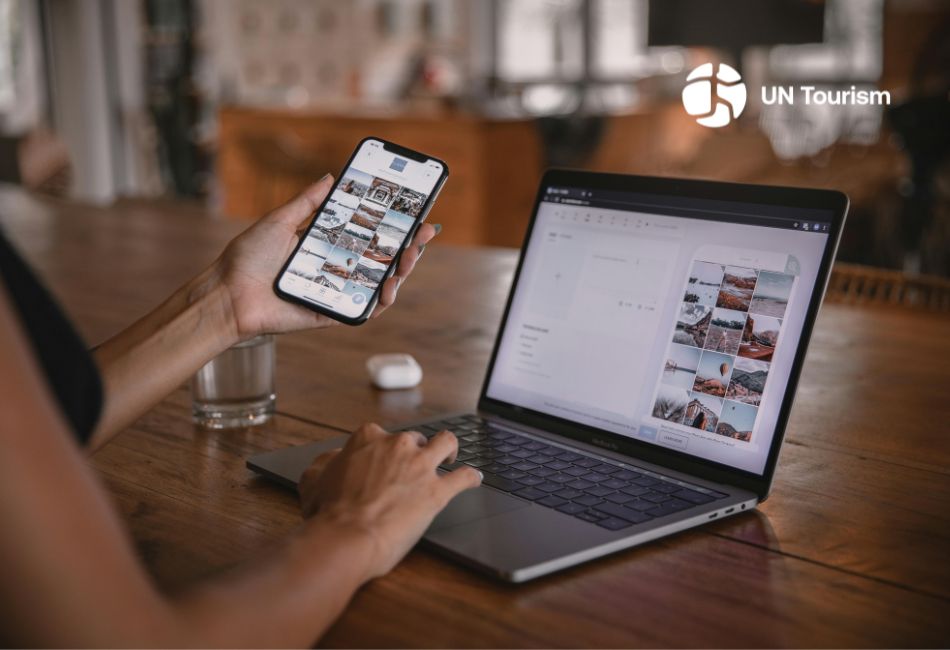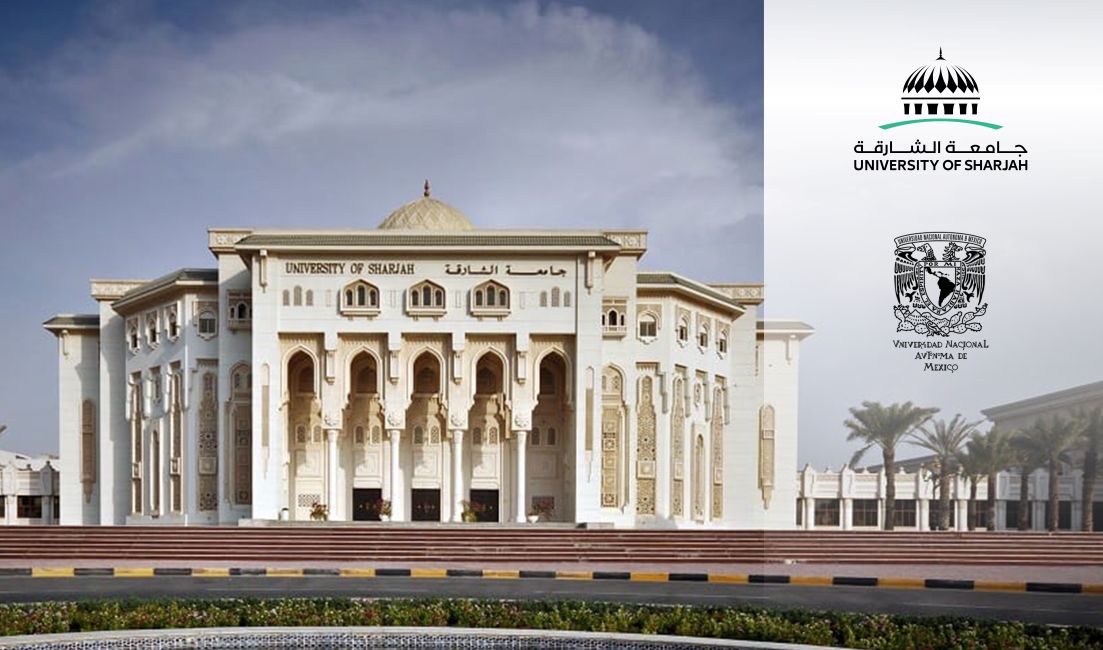
Pablo Jesus Garcia Pardo
Director of The Innovation Hub and Senior Lecturer in Innovation and Sustainability, Les Roches
Pablo has been with Les Roches for almost 15 years, giving students the benefit of his expertise in food & beverage, culinary arts and nutrition. He earned the status of executive chef at the tender age of just 21, while just a year later he became F&B Director at corporate level. He began teaching at 24 years of age, earning excellent feedback from his students each semester. He has lived and worked in Spain, Australia, Germany, Brazil and Switzerland.
Did you like this article and are interested in learning more about the fundamentals of tourism? Then we invite you to enroll today in the Introduction to Tourism- Industry management MOOC!
Visit the course
Hospitality 2.0 or the role of innovation in the post-covid hospitality industry
In the 21st century, the hospitality industry has undergone significant transformation, much of it driven by innovative technological solutions. With growing awareness of the environmental impacts of almost every economic sector, over the past five years technology has mainly been used to reduce costs, increase efficiency and advance sustainability.
The array of modern technologies allowing hospitality businesses to comply with new rules and standards and to operate and regain trust of the returning customers, ranges from Artificial Intelligence (AI) and the Internet of Things (IoT) to Visual Recognition and Robotics, Block Chain and Virtual Reality (VR). The most efficient and modern solutions will mix two or more of these technologies to provide a truly innovative service.
One of the newest technologies fast gaining ground in the hospitality sector is visual recognition, a solution that has already been used in proptech for keyless entry in buildings and more widely by companies like Apple for their smartphone unlocking features. This solution has already demonstrated its amazing ability to track the use of face masks. Businesses will now be able to offer cashless payments, track users’ movements in buildings and monitor the distance between users.
Another type of technology increasingly used in hospitality is robotics, which combined with other technologies such as AI or IoT, is a great tool that can not only provide personalised service to guests but also helps to minimise contact with staff and so uphold social distancing. For example, with self-check in, or applying regular customer preferences such a cup of tea served automatically on arrival. Or then there’s robots like “Connie”. This device used by Hilton Hotels is the first AI-based robot to be used in a hospitality setting. When there is no-one at front desk, Connie helps hotel guests to find answers to either hotel or neighbourhood related questions such as “is there a French restaurant nearby” or “what equipment is available at the hotel gym”.
Nowadays, demand for transparency is greater than ever. Clients want to feel secure while experiencing services. The travel industry relies upon information and sometimes even personal possessions being passed between multiple different companies, for example when it concerns the movement of luggage when travelling. Blockchain is able to provide this security and transparency
At a time of heightened travel restrictions, VR becomes a tool for customers to experience services or at least have a preliminary visit of places to avoid multiple trips. While it does not compare to the physical experience, it gives customers the chance to experience them in a virtual environment. Hotels have started using this tool for virtual hotel tours and even hospitality education providers use it so students can visit school campuses before arrival. As an example, enhancing the experience with a VR headset has been used by Atlantis Dubai Hotel or Les Roches hospitality institute in Switzerland.
If we add Artificial Intelligence including Machine Learning to all previous solutions, new solutions will analyse the collected data from IoT sensors in devices, robots will learn from humans and other robots, visual recognition will provide potential services based on customers experience, VR will enhance experience based on customer satisfaction and blockchain will ensure traceability and transparency. Thus, customer hyper-personalization will arrive at the same level as health security measures.
It might seem that the evolution of these technologies is a natural response to the ever-growing needs of the modern customer. However, current safety risks, if not properly addressed by hospitality establishments, can lead to serious consequences impacting the financial health of the businesses. The current context catalyses the need for more innovative solutions in the industry and, while costly to implement, it can potentially save companies from permanently shutting down.
